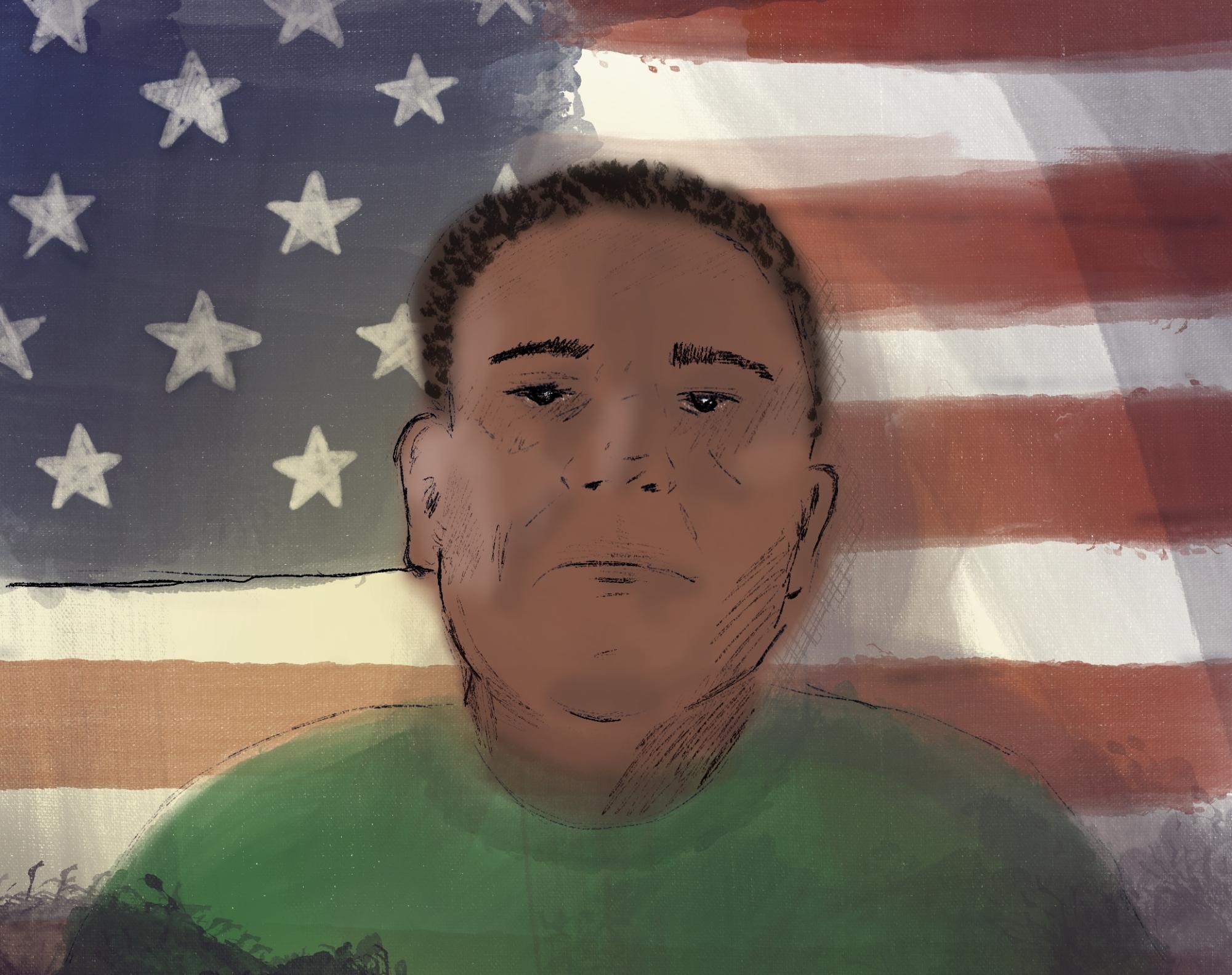Rafael Hernandez—one of thousands of undocumented Latinx immigrants who assisted in the cleanup efforts at the World Trade Center site after the 9/11 terror attacks—was only 49 when he died of illnesses related to toxic dust exposure. There are 2,982 names inscribed on the Sept. 11 memorial, but “Rafael Hernandez” is not one of them.
Annual media coverage about the events of 9/11 often fails to honor the patriotism of day laborers like Hernandez. Today, as we remember those who lost their lives, Americans should also reflect on and recognize the struggles faced by immigrants across the country.
Many ground zero day laborers were deterred from seeking medical help, in part due to a long history of immigrant exclusion in America. Since the founding of the U.S., wealthy white Americans in power have largely excluded immigrants, both legal and undocumented, from federal welfare benefits. According to a study by Project Hope, such discrimination has increased risks of poverty and worsened health outcomes among immigrants.
Most of the first responders were impacted by severe respiratory problems and had persistent symptoms of post-traumatic stress after the recovery efforts. Many did not receive masks or protective gear like official recovery workers at the site. Acknowledging the vital contributions of the day laborers could help them garner support in requesting increased access to medical care and social programs.
Furthermore, since many of the missing 9/11 victims were undocumented, their families were unable to prove that they worked at or near ground zero and, as a result, could not receive financial or medical aid to help them. For example, Hernandez’s son could not attend college in the U.S. because no funding is provided for children of undocumented workers. Since the primary pull factor among the majority (53%) of first- and second-generation immigrants is economic opportunity, native-born Americans must support equitable access to educational opportunities by speaking out against harmful stereotypes that enable discrimination.
Especially considering the ongoing rise in anti-immigrant sentiment, teachers should help promote inclusivity among students by encouraging discussions about the valuable contributions of undocumented immigrants throughout history, including their efforts in the 9/11 recovery. Students can also advocate for the protection and inclusion of immigrants in U.S. systems by signing petitions, sending letters to elected officials and getting involved in non-profit organizations like the California Immigrant Policy Center.



